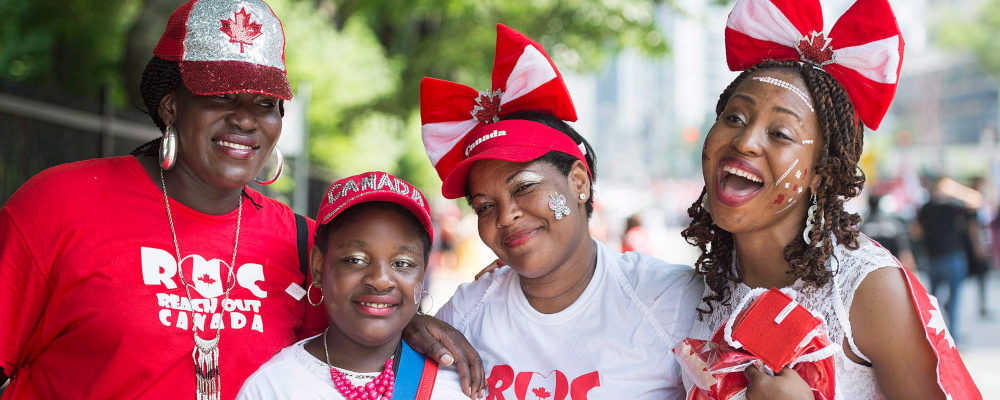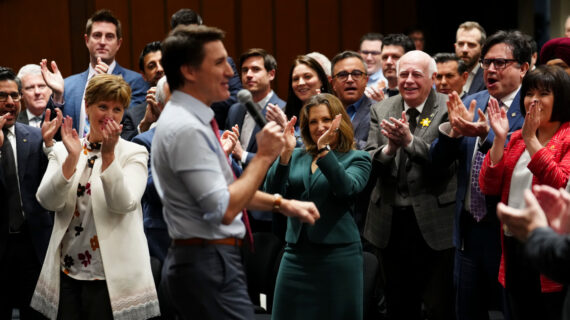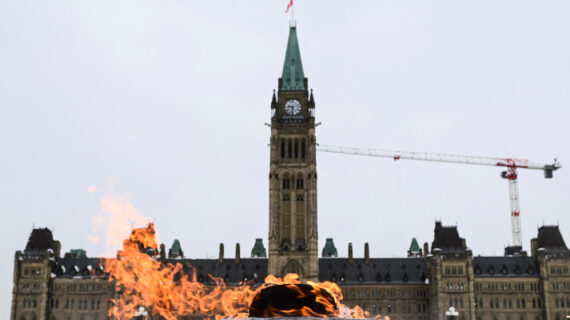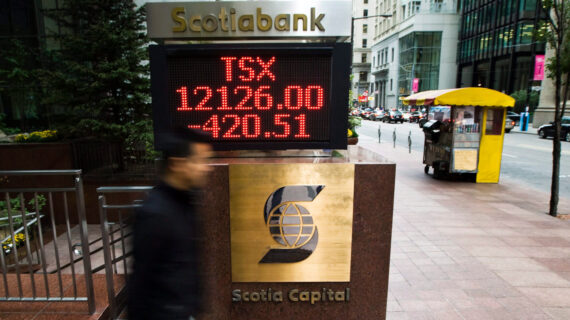It is useful for a country to look to its past for both wisdom and inspiration. Canada, to its good fortune, has had a number of leaders who have helped to shape the country and lay down the values for which this great Dominion has become the envy of the world.
One such person was Sir Wilfrid Laurier. Prime minister from 1896 to 1911 and the first francophone to hold the position, he left an imprint with his words. “Laurier reveled in language as an artist might revel in paint,” wrote the late journalist and historian Bruce Hutchison in 1964.
“I am a Canadian,” Laurier declared in 1911. “Canada has been the inspiration of my life. I have had before me as a pillar of fire by night and a pillar of cloud by day a policy of true Canadianism, of moderation, of conciliation.”
These values outlined by Sir Wilfrid in 1911 are clearly relevant today. You don’t have to be a linguist to see the connection between “conciliation” and “reconciliation”, a theme that rightly remains at the heart of the Canadian project today. A June report from the Environics Institute titled “Confederation of Tomorrow” noted that 67 percent of Canadians feel they have a role to play in advancing reconciliation, including half who say they feel strongly about this. This is good news.1Relations with Indigenous Peoples https://www.environicsinstitute.org/docs/default-source/default-document-library/cot-report-5_indigenous-relations_june-13.pdf?sfvrsn=dda9b6c6_0
And while headlines were made with the report’s findings that 60 percent of Canadians were familiar with residential school history, the category most familiar with it was young people aged 18-24. Students are learning this in schools. Close followers of Canadians’ knowledge of the past might note that a number such as this 60 percent is actually quite impressive. For example, during the centenary of the Battle of Vimy Ridge in 2017, only 49 percent of Canadians could correctly identify it as one of the country’s most significant battles of the First World War.2Ipsos – Vimy Ridge https://www.ipsos.com/sites/default/files/publication/2014-04/6466-tb2.pdf History has not been our strong suit but many toil to change this. Indigenous history is top of mind in many classrooms from coast to coast to coast.
While reconciliation necessarily continues, Laurier also reminds us that this country is about what lies ahead, too. “We cannot unmake the history of the past,” he wisely noted in 1902. “As to the history of the future, I hope it will continue to be what it is today, that is prosperity, cordiality, good fellowship, and goodwill amongst those whose privilege it is to be inhabitants of this good land of Canada.”
Sir Wilfrid’s optimism and attention to positive elements of our nature seem discordant during a period in this country when politicians appear to seek to divide us rather than unite us. When this is our starting point, when we think only about our own experiences and see the world as black or white, when we stop listening and cease to find solutions, we have lost the plot on what it means to be Canadian.
Yet, each year on July 1 we get the opportunity to reflect and renew our commitment to Canada. There is much that holds this country together after 155 years besides “good fellowship and goodwill” (though we could certainly use more of both, along with a strong dose of “cordiality”).
This year marked the 40th anniversary of the Charter of Rights and Freedoms, and the “Confederation of Tomorrow” report noted the importance of a document that close to 90 percent of Canadians agree is beneficial.3Results from the Confederation of Tomorrow Survey of Canadians https://www.environicsinstitute.org/docs/default-source/default-document-library/cot2022-constitution_apr-13.pdf?sfvrsn=f7be6631_0)
“The overwhelming majority of people in Canada—young and old, men and women, rich and poor, Indigenous and non-Indigenous—say the Charter has been a good thing for the country,” wrote Andrew Parkin, executive director of Environics in The Globe and Mail in April.
“This may be the only survey question that elicits the same strong, positive response from supporters of Québec solidaire and of Alberta’s United Conservative Party. If anything in this country unites us, it is support for the Charter.”4Are Canadians finally at peace with their Constitution? https://www.theglobeandmail.com/opinion/article-are-canadians-finally-at-peace-with-their-constitution/
We are also held together by our continuing commitment to fighting injustice abroad as the Canadian government, and perhaps more importantly, individual citizens, have rallied to support Ukraine against the Russian invasion. The grassroots benefit concerts, bake sales, and refugee support exemplify Canada at its best.
There is no doubt that it has been a difficult year for Canada. Inflation has many families worried. More unmarked graves were found near residential schools. There were the protests in Ottawa this winter that at the very least revealed stark differences of opinion and an egregious lack of civility. But it also showed a growing chasm between the government and the governed. Not surprisingly, Monsieur Laurier had something to say about all of this in what is a fitting message for all Canadians as we celebrate the nation formed in 1867.
“Be adamant against the haughty; be gentle and kind to the weak. Let your aim and your purpose in good report or in ill, in victory or in defeat, be so as to live, so to strive, so to serve as to do your part to raise the standard of life to higher and better spheres.”




